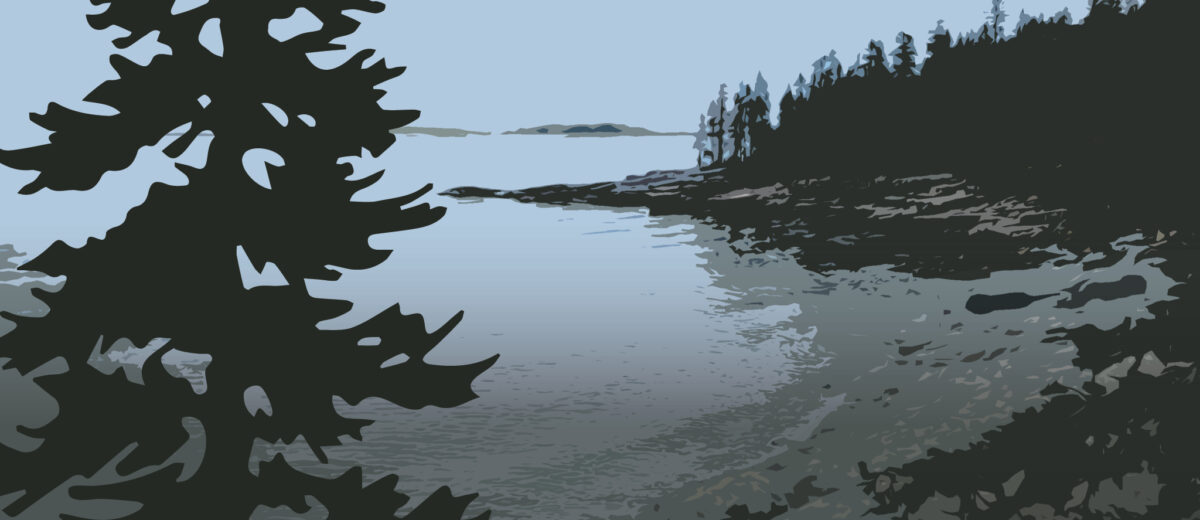story by Olivia Milloway
Sea to Trees is a podcast that tells the stories of the science happening in and around Acadia, from the rocky shoreline to the evergreen forests to the granite mountaintops.
In this first season of the show, we explore the ever-growing field of citizen science – the participation of non-scientists in research at any level – and how it can help answer questions about our changing world.
In Episode 1, we discuss the nation’s largest assessment of mercury contamination and risk. The project, which started between scientists, teachers, and students at Acadia National Park, now relies on volunteer citizen scientists who collect dragonfly larvae. How has the help of more than 6,000 citizen scientists improved our understanding of mercury pollution across the US?
To answer this question, we spoke with Abe Miller-Rushing from the National Park Service, Hannah Webber from Schoodic Institute, and Sarah Nelson from the Appalachian Mountain Club. Explore the links below to learn more.
Sea to Trees is possible with generous support through The Cathy and Jim Gero Acadia Early-Career Fellowship, a partnership among Schoodic Institute, National Park Foundation, and National Park Service.

